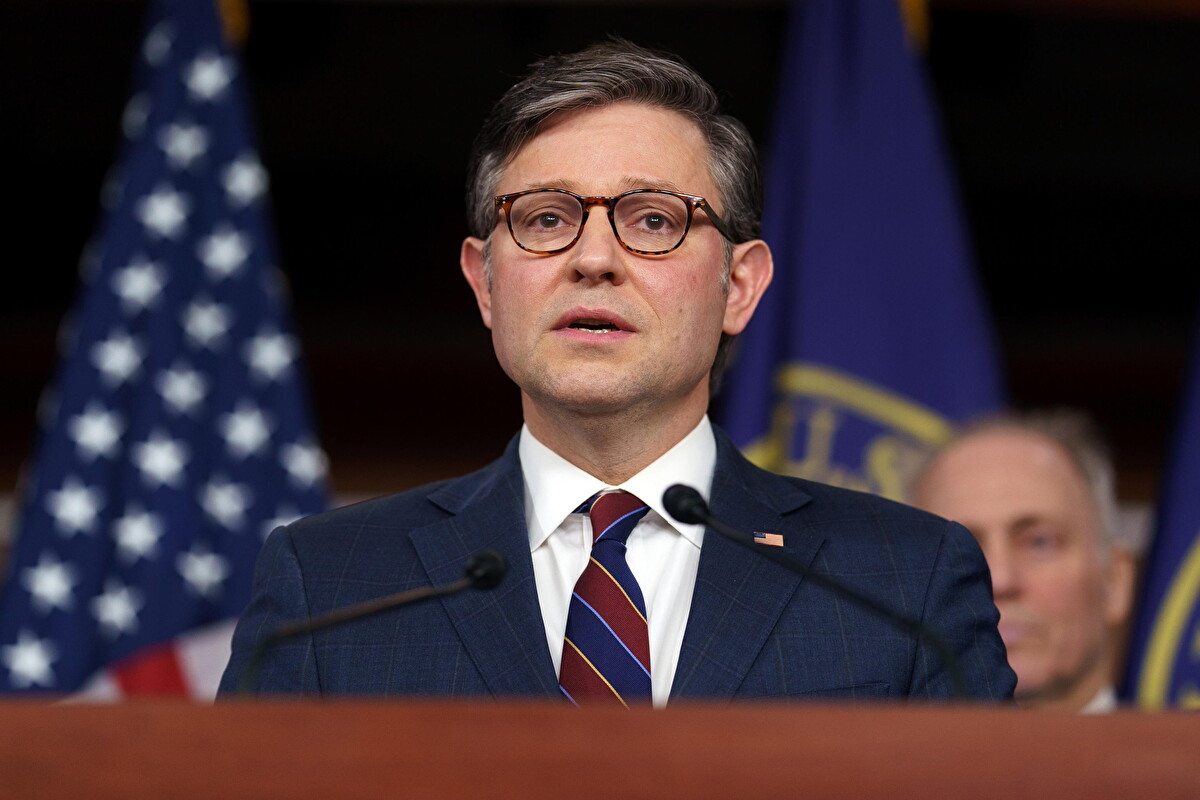Economist Paul Krugman has published his final opinion piece in the New York Times after offering his economic insights and expertise for nearly 25 years. His message of farewell as he looks back over his career at the Gray Lady is an attempt to make sense of the widely-shared optimism at the turn of the century that has given way to the “anger and resentment” of today. It is a tall order to collapse a quarter century’s worth of political developments into a few hundred words, but Krugman gets his point across with a well-crafted synthesis that comes with cranking out pieces over the same length of time.
At the turn of the 21st century, people were happier, according to Krugman, who cites opinion polls finding that in the US as well as Europe, most people thought that things were looking up – so what happened? He claims that the fundamental difference between then and now is that we have suffered a “collapse of trust in elites.” Smoking guns include the 2008 financial crisis in the United States, and the European crisis which reached its nadir in 2012. In each case, the general public lost “any faith the public had that governments knew how to manage economies,” and Krugman also points to associated industries like banking and big tech, which have also seen faith in their stewardship fall. (While we’re on the subject of elite institutions failing the general public, Krugman might have also cited the opioid epidemic, an entirely avoidable public health crisis that was caused by too little regulation of, and too much faith in, pharmaceutical companies.)
Krugman goes on to detail how the officers in the upper echelons of those financial institutions, despite causing the ’08 crisis with their “wheeling and dealing,” turned resentful as well, with their so-called “Obama rage” as they clutched their pearls at being called “fat cats” by the 44th president. Krugman incisively points out that besides the tongue-lashings, they’ve been doing (more than) fine, and their prickliness on this issue is simply “the pettiness of plutocrats who used to bask in public approval and are now discovering that all the money in the world can’t buy you love.”
Well said, Paul.
It would have been nice to see such gumption towards the elite classes of society and their failures over the past generation at particular hinge points when it would have moved public opinion towards real change. In 2016, Krugman was not calling out the “wheeling and dealing” of financial institutions, but instead tut-tutting then-candidate Bernie Sanders for his ambitious plans to reform the sector, saying that his “pounding the table about big banks misses the point.” With our country’s mega-banks bigger and more consolidated than before, priming us for an even worse crisis followed by a bailout like in ’08, I’m all ears as to what the point actually is.
As a consolidated corporate sector raked in record profits after COVID by raising prices just because they could (studies estimate that this sellers’ inflation accounts for about half of post-COVID price hikes), Krugman had little to say against them. He did, however, have some choice words for fellow economist Isabella Weber, who argued for price controls as a potential solution, calling her idea “truly stupid” on Twitter. (So much for decorum toward a colleague in one’s field.) As inflation remained stubbornly high after its root causes – COVID-related supply-chain disruption and government spending, and a tight labor market – dissipated, and Weber’s thesis gained traction, Krugman deleted the tweet and sheepishly apologized.
It is in this sense that Krugman is the best face for the Times on economic issues, as he has displayed a sharp critique of the status quo in retrospect, yet has mostly been its defender in the present moment. His limitations are those of the Times and the liberal class writ large, whose failure to call out the chicanery of the few against the many, or to support serious alternatives, has left room for malefactors like Trump to fill the gap with fatuous and dangerous promises. Here’s hoping he finds an edge in his future endeavors.











